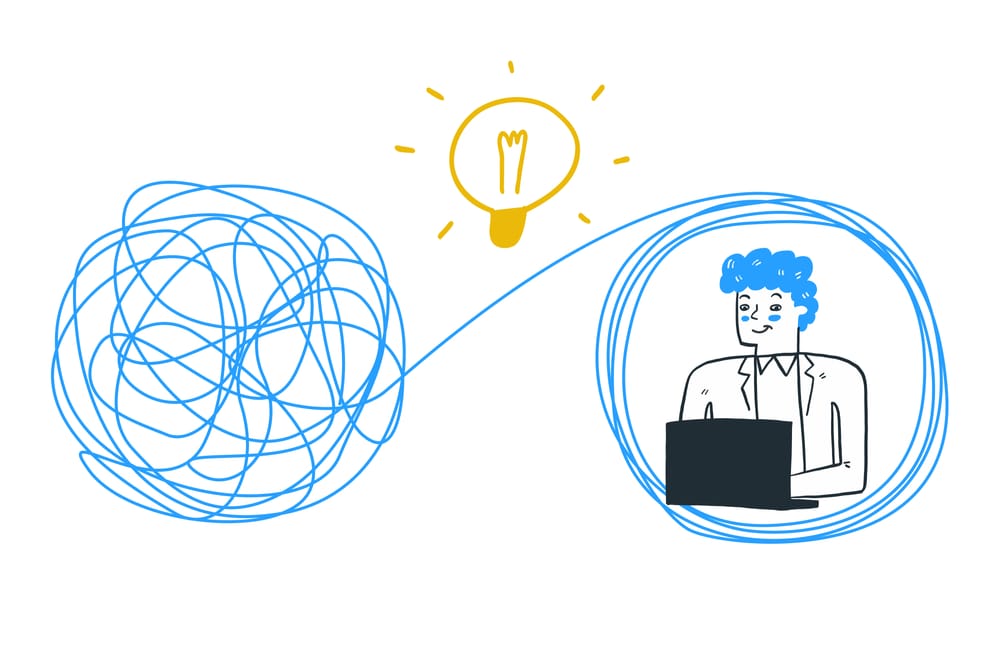What Is a Solutions Engineer?
A Solutions Engineer (SE) is a professional who combines technical expertise with sales skills to help clients understand, implement, and optimize technology solutions tailored to their needs. They act as a bridge between the technical and business sides of a company, ensuring that the solutions proposed are feasible, scalable, and aligned with the client's objectives. Solutions Engineers work closely with sales teams, product managers, and customers to deliver customized solutions that drive business success.
What Do Solutions Engineers Do?
1. Understand Customer Needs
- Requirement Gathering: Engage with clients to identify their technical requirements and business goals.
- Needs Assessment: Analyze the client's current systems and workflows to determine the best solutions.
2. Design and Propose Solutions
- Technical Architecture: Create detailed technical plans that outline how a solution will be implemented.
- Demo and Proof of Concept (POC): Develop and present product demonstrations to showcase how the solution meets the client's needs.
3. Collaborate with Sales Teams
- Pre-Sales Support: Assist sales teams in crafting proposals and presentations.
- Client Meetings: Participate in client meetings to provide technical insights and answer questions.
4. Implement Solutions
- Project Management: Oversee the deployment of solutions, ensuring they are delivered on time and within budget.
- Technical Support: Provide ongoing support and troubleshooting to ensure the solution operates effectively.
5. Customer Training and Enablement
- User Training: Conduct training sessions to help clients understand and utilize the solution.
- Documentation: Create comprehensive documentation to support the client's ongoing use of the solution.
What Are the Required Soft Skills of a Solutions Engineer?
1. Communication
- Verbal and Written: Clearly articulate complex technical concepts to both technical and non-technical audiences.
- Listening: Actively listen to clients' needs and concerns to tailor solutions effectively.
2. Problem-Solving
- Analytical Thinking: Approach problems methodically to identify root causes and potential solutions.
- Creativity: Think outside the box to develop innovative solutions that address unique challenges.
3. Team Collaboration
- Interpersonal Skills: Work well with diverse teams, including sales, product management, and customer support.
- Leadership: Take initiative and lead projects to successful completion.
4. Customer Focus
- Empathy: Understand and anticipate the client's needs and strive to exceed their expectations.
- Patience: Maintain patience and composure when dealing with client concerns or technical issues.
What Are the Required Technical Skills for a Solutions Engineer?
1. Programming and Scripting Languages
- Languages: Proficiency in languages such as Python, Java, C++, or JavaScript.
- Scripting: Knowledge of scripting languages like Bash or PowerShell for automation tasks.
2. System Design and Architecture
- Design Principles: Understanding of software and system architecture principles.
- Scalability: Ability to design solutions that scale efficiently with business growth.
3. Networking and Security
- Network Protocols: Knowledge of TCP/IP, DNS, HTTP/HTTPS, and other network protocols.
- Security Best Practices: Understanding of cybersecurity principles and best practices.
4. Cloud Computing
- Platforms: Experience with cloud platforms such as AWS, Azure, or Google Cloud.
- Services: Familiarity with cloud services, including computing, storage, and databases.
5. Database Management
- SQL and NoSQL: Proficiency in database technologies like MySQL, PostgreSQL, MongoDB, or Cassandra.
- Data Modeling: Skills in designing and optimizing database schemas.
6. DevOps and CI/CD
- Tools: Experience with DevOps tools like Docker, Kubernetes, Jenkins, and Git.
- Automation: Knowledge of continuous integration and continuous deployment (CI/CD) pipelines.
How Much Does a Solutions Engineer Make?
The salary of a Solutions Engineer can vary based on factors such as location, experience, and the specific industry. However, as of the most recent data, here's a general range for Solutions Engineer salaries in the United States:
- Entry-level: $70,000 to $90,000 per year
- Mid-level: $90,000 to $120,000 per year
- Senior-level: $120,000 to $150,000 or more per year
In tech hubs like San Francisco, New York, or Seattle, salaries can be higher due to the cost of living and demand for skilled professionals. Additionally, total compensation can include bonuses, stock options, and other benefits, especially in larger tech companies. For the most accurate and up-to-date information, it's recommended to check job-specific salary surveys or websites like Glassdoor, Payscale, or LinkedIn Salary Insights.
What Are Some Books About Solutions Engineering?
1. "The Phoenix Project" by Gene Kim, Kevin Behr, and George Spafford
- A novel about IT and DevOps that offers insights into improving IT processes and collaboration.
2. "Solution Selling: Creating Buyers in Difficult Selling Markets" by Michael T. Bosworth
- A comprehensive guide to the solution selling methodology, focusing on understanding and meeting customer needs.
3. "Mastering Technical Sales: The Sales Engineer's Handbook" by John Care and Aron Bohlig
- A detailed resource for Solutions Engineers, covering everything from technical presentations to building customer relationships.
4. "The Art of Scalability" by Martin L. Abbott and Michael T. Fisher
- A deep dive into designing scalable and high-performance web applications.
5. "Building Microservices" by Sam Newman
- An essential read for understanding the architecture and implementation of microservices.
Conclusion
A Solutions Engineer plays a crucial role in bridging the gap between technical solutions and business needs. They require a blend of soft skills like communication and problem-solving, along with technical skills in programming, system design, and cloud computing. Continuous learning and staying updated with industry trends are essential for success in this dynamic field. By leveraging their expertise, Solutions Engineers drive innovation and efficiency, helping businesses achieve their goals with tailored technology solutions.





